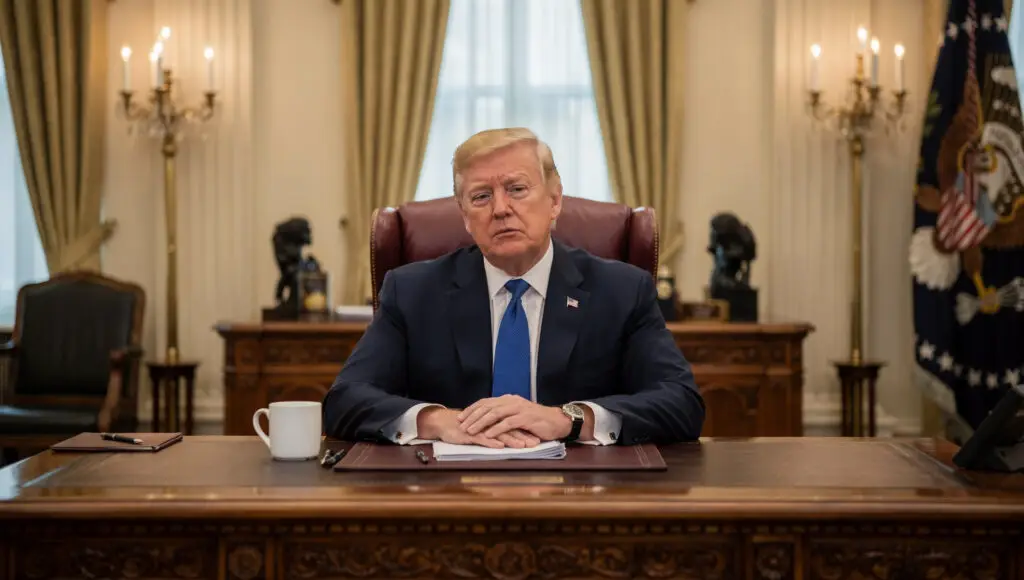WASHINGTON — November 8, 2025 — The United States government shutdown has entered its 36th day, marking the longest in modern history. The ongoing budget standoff between Republican and Democratic lawmakers has left roughly 1.4 million federal employees without pay and suspended numerous public services.
Record-Breaking Shutdown Strains the Federal Workforce
Since October 1, when the previous fiscal budget expired, major departments have been forced to scale back operations. Essential services such as national security and air traffic control continue to function, but with limited staffing. The partial suspension has delayed critical payments, disrupted public health programs, and intensified pressure on Congress to act.
According to the Office of Personnel Management, hundreds of thousands of federal workers are now on unpaid leave, while others continue to work without pay. Economists warn that extended disruption could shave up to 0.4% off quarterly GDP if no resolution is reached soon.
Political Stalemate Over Healthcare and Tax Credits
At the core of the impasse lies a dispute over healthcare funding and tax relief. Democrats are demanding extensions of tax credits that make health insurance more affordable and the reversal of recent cuts to Medicaid and public health agencies. Republicans, meanwhile, are pushing for a streamlined “clean resolution” to restore operations without policy concessions.
President Donald Trump, who has sought to reduce the size of the federal government since returning to office in January, has vowed not to sign any spending bill that expands healthcare programs or raises federal costs.
Recommended Article: Trump Faces Backlash for Ballroom Project Amid U.S. Hunger Crisis
Divided Congress Faces Mounting Pressure
Although Republicans control both chambers, they remain short of the 60 Senate votes required to pass a full spending package. This has given Democrats leverage to demand revisions, particularly on social programs. Multiple votes have failed, leaving both parties struggling to reach compromise as public frustration grows.
Analysts suggest that bipartisan negotiations could resume ahead of Thanksgiving, with moderates on both sides eager to end the stalemate. “There’s growing recognition that prolonged paralysis benefits no one,” said Dr. Emily Harper, Senior Fellow at the Brookings Institution.
Economic and Social Impact Expands Nationwide
The shutdown’s effects extend far beyond Washington. Local economies dependent on federal spending—especially in Virginia, Maryland, and New Mexico—have reported declining retail activity and delayed contract payments. Meanwhile, national parks, museums, and public health agencies remain closed or partially operational.
Businesses across sectors are voicing concerns about lost productivity and fading consumer confidence. “Each passing day compounds the financial strain,” said Jason Hill, CEO of Federal Workforce Alliance, a nonprofit advocating for public employees. “We’re reaching a breaking point for families and communities reliant on federal income.”
Possible Compromise Still Elusive
Efforts to pass a short-term spending measure failed in the Senate last week, underscoring the depth of division. Republicans remain firm that healthcare negotiations should be separated from the spending bill, while Democrats maintain that fiscal relief and healthcare protections are inseparable.
Political analysts note that Trump’s administration views the crisis as leverage to pursue broader structural reforms, while Democrats see it as an opportunity to reinforce their stance on healthcare access.
Path Forward Remains Uncertain
The White House has not announced new talks, and no formal compromise framework has emerged. Financial experts warn that the longer the impasse continues, the greater the long-term damage to public trust and economic stability.
“The U.S. has faced shutdowns before, but the duration and scope of this one make it particularly concerning,” said Michael Lane, economist at Capital Insight Group. “Without a resolution soon, the ripple effects could extend well into 2026.”
As the political gridlock drags on, Americans across the country continue to feel the impact—through delayed paychecks, suspended services, and rising uncertainty over the nation’s economic future.













